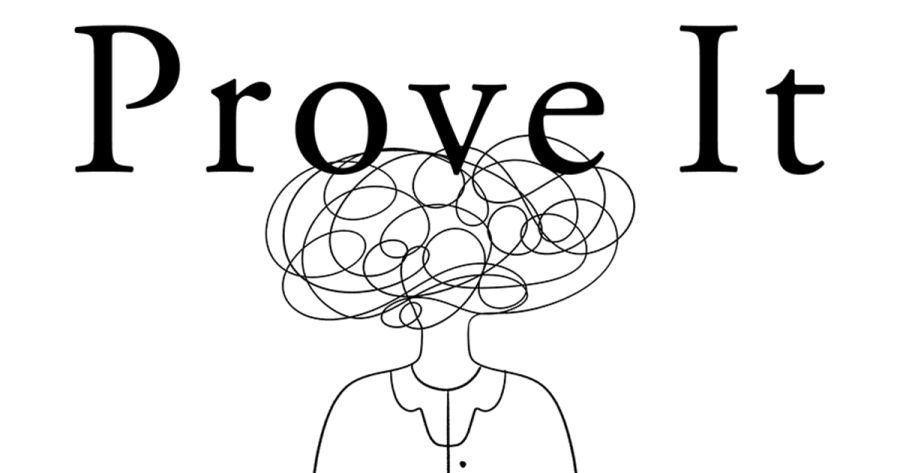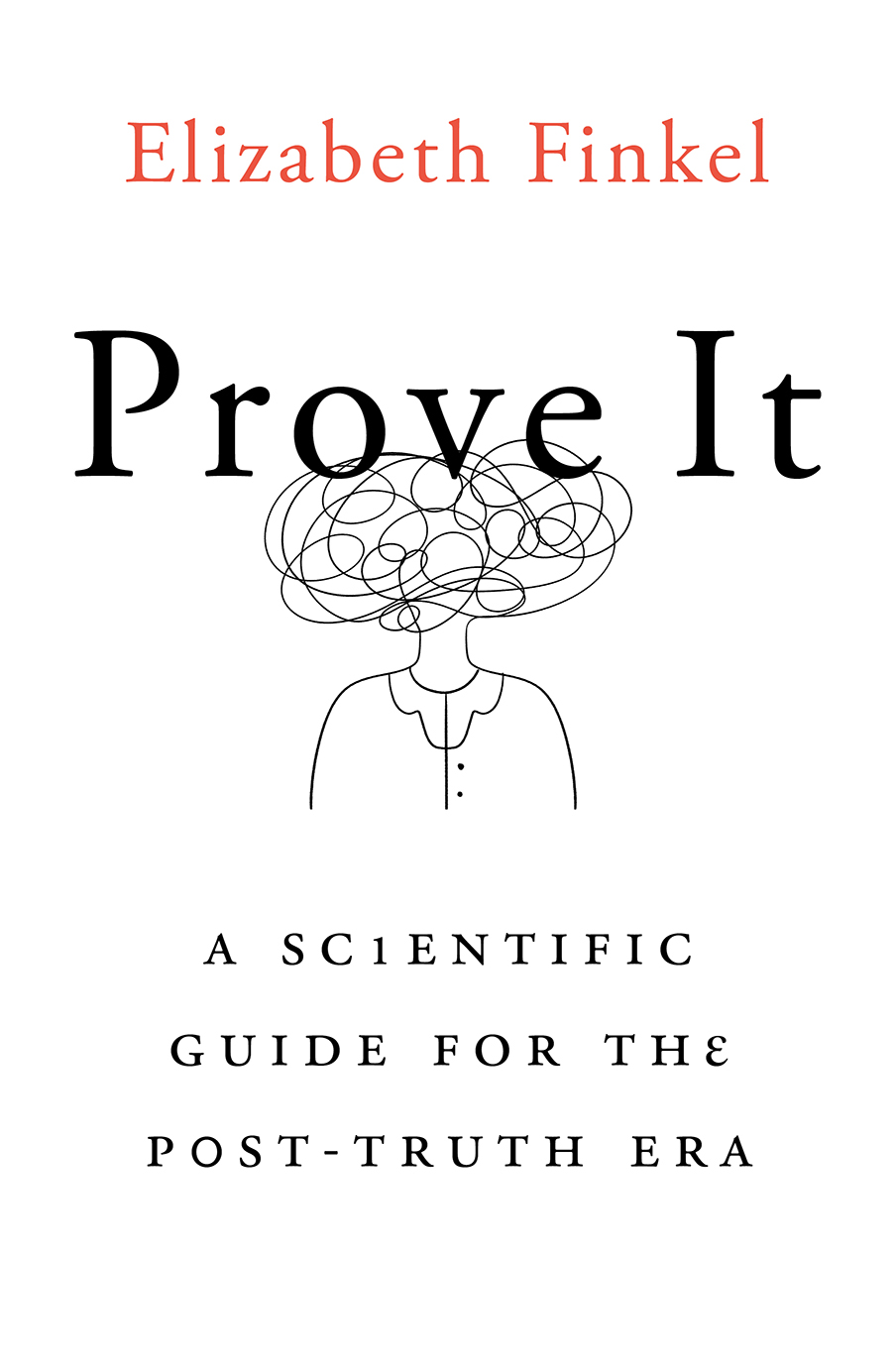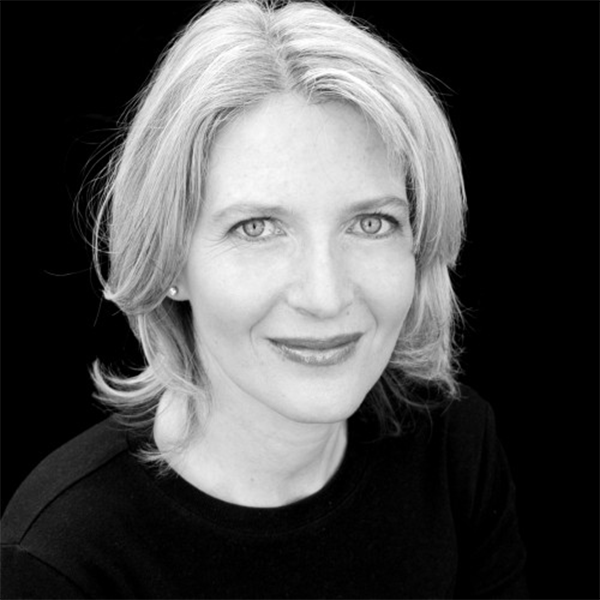
- Free Article: No
- Contents Category: Science
- Review Article: Yes
- Article Title: Lattice, not through line
- Article Subtitle: Ready reckoner for post-truth age
- Online Only: No
- Custom Highlight Text:
Living alongside the world’s only native black swans, Australians should be more alive to the provisional nature of truth than most. For thousands of years of European history, the ‘fact’ that ‘all swans are white’ was backed up with an overwhelming data set that only the delusional – or a philosopher – would debate. But as Scottish Enlightenment philosopher David Hume pointed out, the difficulty with inductive reasoning is that it can seem incontrovertible all the way up until it is not. But if the truth is always shifting, where do we find solid ground when our lives depend on it? And to what absolutes and experts can we refer in an era of wilful misinformation, institutional mistrust, and anti-expert populism?
- Book 1 Title: Prove It
- Book 1 Subtitle: A scientific guide for the post-truth era
- Book 1 Biblio: La Trobe University Pressm, $36.99 pb, 320 pp
- Book 1 Cover Small (400 x 600):

- Book 1 Cover (800 x 1200):

- Book 1 Readings Link: https://www.readings.com.au/product/9781760642716/proof--2025--9781760642716#rac:jokjjzr6ly9m
The book’s conceptual framework is more of a lattice than a through line because the ‘scientific method’ is not a concrete system, but a set of hotly contested angles of approach to identify what is most certain. Finkel uses five chunky scientific debates – the genesis of Covid-19, the origins of Homo sapiens, the science of medicine, the mystery of consciousness, and the existence of gravitational waves – to illustrate each approach.
By way of example, the debate about whether or not Covid-19 was a lab leak is viewed through Popper’s ‘falsification principle’, which sets out to falsify a working theory and settle with some certainty on what remains. The method researchers have generally used to sidle towards progress in their field has been ‘adversarial collaboration’, which has seen different theorists jostle and experiment their way to a degree of consensus. Post-truth headlines are frequently dominated by the ‘us versus them’ narratives of science and non-science. Prove It dives deeper into the powerful truth-seeking force of the many ‘us-es’ and ‘thems’ within the scientific community itself.
 Elizabeth Finkel (courtesy of Black Inc.)
Elizabeth Finkel (courtesy of Black Inc.)
Finkel details a staggering amount of theories and counter-theories in different disciplines and has an obvious passion for bringing the little-known characters and stories of science to light. Like many of the best science writers, she combines the insider’s expertise with the outsider’s detached aerial view and is clearly devoted to storytelling that captures the public imagination. She offers glimpses into a world of waltzing neutron stars and colliding black holes, but the true luminaries of Prove It are ordinary humans. Finkel argues that a handful of committed people chipping away at baffling problems for incremental collective gain is as much the story of science as any solitary ‘Eureka!’ flash of discovery or insight.
The conceptual reins can slip through the fingers at times. The flipside of this is that some fascinating stories get a really good gallop. One of the most compelling chapters explores evidence-based medicine; more specifically, the lethal case of ivermectin, the worming medicine that was promoted by a cabal of doctors (and current US Secretary for Health Robert F. Kennedy) during the pandemic. Finkel reminds us that the idea of evidence-based medicine is a relatively new concept, newer than you might think; she tells us that ‘it was only in 1962 that the US FDA made it a legal requirement that newly developed drugs show proof of efficacy’. We know that yesterday’s medical orthodoxy can quickly become today’s outdated blunder, but it is still somewhat surprising that Finkel argues that the ‘transformation of medicine into a science is far from complete’. Somehow one always imagines oneself and one’s family at the happy end of a journey of medical discovery, not wobbling somewhere in the experimental middle.
One of the many surprises about Finkel’s new book is just how unapologetically she uses the arguments of so-called ‘soft’ philosophy to illuminate the methods of the ‘hard’ sciences. At a time when the humanities are in deep peril, Finkel is a welcome agent in the science field.
In fact, it struck me that the multidisciplinary project conveyed by this book is a nicely ironic twist on Keats’s idea of ‘Negative Capability’, with Finkel’s core thesis being that uncertainty, mysteries, and doubts are fundamental to what Keats called science’s ‘irritable reaching after fact and reason’ and not an anathema to it. Contrary to the title’s imperious demand, Finkel points out in the preface that ‘proof’ is not part of the vocabulary of science.
Her barnstorming epilogue brings it home with the promised contemporary political context and guide but, given the expectations set by the subtitle, this might have worked better front and centre. This final chapter situates her astounding research in the current crisis well, but there could have been more of these contextual authorial incursions throughout. Understandably, one can get slightly motion sick after being whirled about in the to and fro of convoluted scientific debates. Finkel could have reappeared more often to weave the strands back into the bigger braid.
It is difficult to reconcile the seemingly paradoxical set of feelings the book evokes: awe at the advances of the many heroes and lifesavers of science and, much less predictably, a caution about the experts who are so often mired in complex debate, unseen bias, and the revision of yesterday’s orthodoxies. When these endless scientific disputes are weaponised by anti-vaxxers, extremists, and those who seek to dismantle scientific institutions and devalue expertise, society needs more trans-disciplinary thinkers like Finkel to shepherd us to firmer ground.
As much as I enjoyed the uncertainty, I was determined to walk away from Prove It with some sort of rubric – a ready reckoner for the post-truth age. For me, a crude version of it would sound something like this: place one’s faith in the scientific method, as opposed to individual scientists. If experts are always in the process of working towards truth, we can tolerate and even encourage debate and dissent – even error – without losing faith in the broader ideas of rigour and objectivity. This credo allows for mistakes, provisional truths, confusion and volte-faces in the process, but we do not end up tossing out the baby of science with the bathwater of occasional scientific slip up. We can embrace William James’s imperative to ‘live today by what truth we can get today and be ready tomorrow to call it falsehood’ and still value the truth as a worthwhile concept. As frightening as it may be to always be on the way, without ever fully arriving, it seems that is as close as we are going to get.


Comments powered by CComment